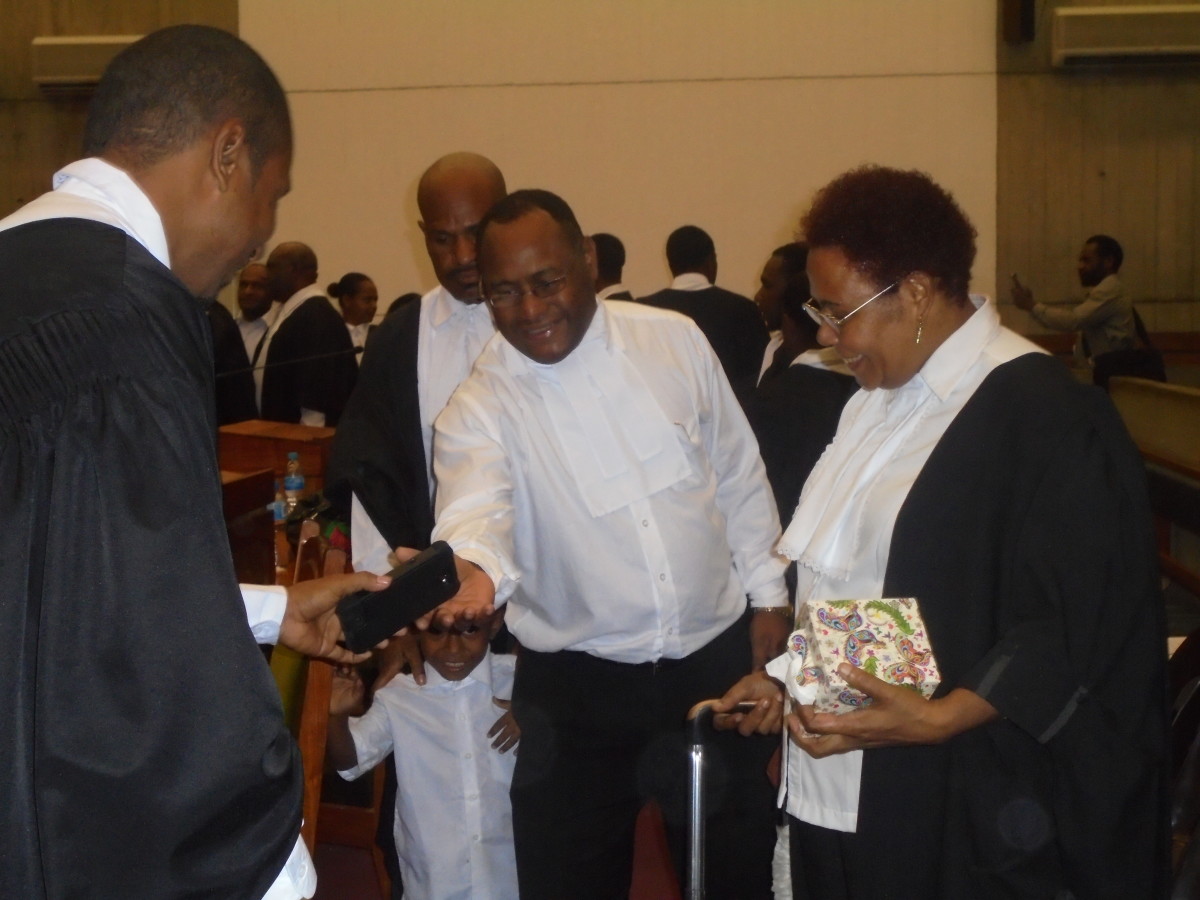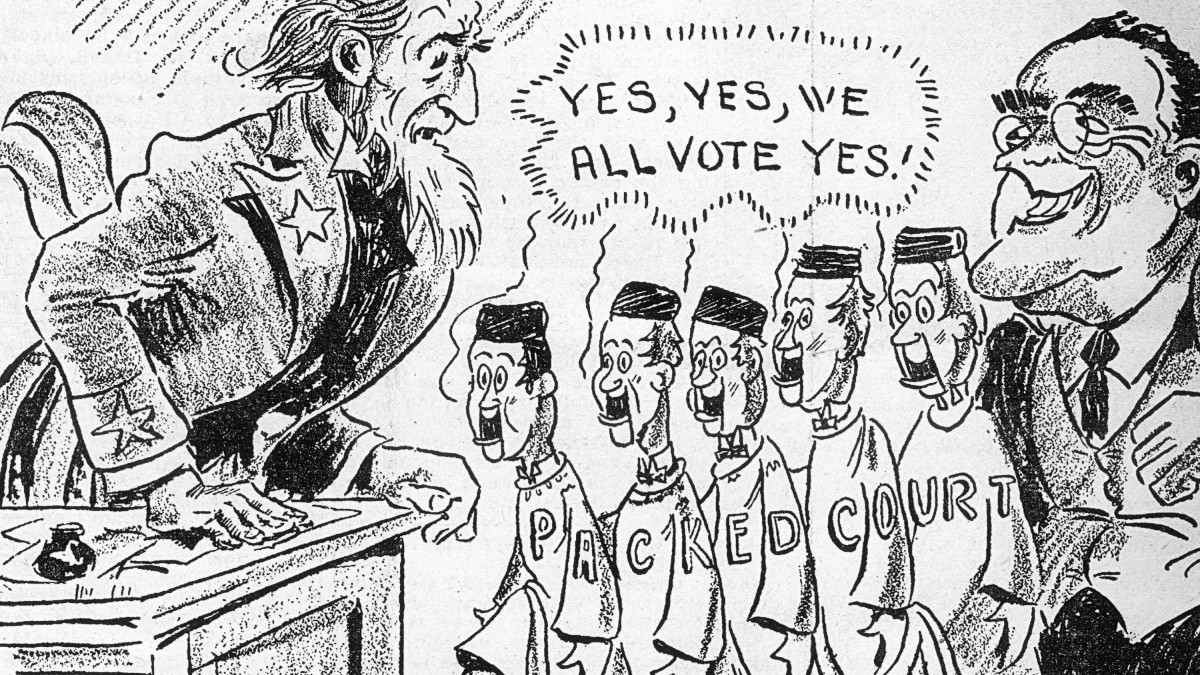Papua New Guinea Election Petitions
Election petitions court proceedings are conducted in the National Court

The Organic Law on national and Local-Level Government Elections is the constitutional law of Papua New Guinea that provides for all the election petition, either National or Local Level Governments.
One of such case authorities is the case of Ijape v Kimisopa [2003], in which an election petition was instituted by the petitioner against the first respondent who was being elected as Member of Parliament for Goroka Open seat of Eastern Highlands Province of Papua New Guinea.
The Respondents to the petition, Mr Kimisopa and the Electoral Commission present two main arguments for their objection. The first was that the petition was not addressed to the National Court as was required by Section. 206 of the Organic Law in question.
Instead, it was addressed to Mr. Biri Kimisopa and the Electoral Commission. Secondly, they claimed that material facts relied on by petitioner to invalidate the election have not been pleaded with sufficient particulars. Reliance was placed on Sections 208 (a) and 215, of the Organic Law on National Elections and the other cases precedents.
The National Court while dismissing the petition said:
“an electoral petition disputing the validity of an election addressed to the National Court and filed pursuant to s. 206 of the Organic Law on National Elections must comply strictly with each and every requirement of s. 208 of that Law." In these circumstances, the Court was of the view that, addressing the petition to Mr. Kimisopa and the Electoral Commission, who are the respondents to this petition was not presenting an election petition in accordance with the requirements of s. 206 of the Organic Law, which has to be strictly met. The effect of this is that, this Court does not have before it a petition that is addressed or directed to it, for a proper hearing and determination. The petition is therefore incompetent and as such it should be dismissed”.
A Review Pursuant to Constitution Section 155(2) (b); Saonu v Dadae and Electoral Commission [2004], was an application for review, relating to the election of the first respondent as the elected Member of Parliament. The applicant challenged the return of the first respondent in court proceeding as EP15 of 2002. The petition was dismissed. The basis for dismissing the petition was that, it was not "addressed to" the National Court as required by s.206 of the Organic Law on National and Local Level Government Elections.
The Court in finding that the trial Judge fell into error in his findings and quashing the decision of the National Court and ruling that the applicant is entitled to the relief he sought in his application by stating as per quoted:
- "The fact that the petition states: "To: Bob Dadae, and To: The Electoral Commission of Papua New Guinea", in our view, simply and plainly means that the petitioner is giving notice of the petition to the respondent. We accept the applicant’s submission on this aspect. Apart from the petitioner issuing notice to the respondents in the manner the applicant argues, which we have just alluded to, the whole petition does not invoke the jurisdiction of the respondents; they have no power or jurisdiction to be invoked. It did not seek any relief from them because they have no power to grant any relief in the Organic Law; they are not the National Court. The petition did not seek or request the respondents to invoke their powers to deal with it as was erroneously held by the trial Judge. Therefore, it was the opinion that despite the petition being "addressed" to the respondents as contended by the respondents, this whole petition is a document which invokes the jurisdiction of the National Court and seeks relief from that Court.
- We consider that the petition, the subject of this review, should not have been dismissed as incompetent simply because it does not contain the words, "To: The National Court of Justice", but states, "To: Bob Dadae and To: The Electoral Commission of Papua New Guinea." To have a petition dismissed on that ground, in our view, is not doing real justice as prescribed by Section 217 of the Organic Law.
- We find that the trial Judge had misconstrued s.206 of the Organic Law by holding it to be a provision that must be strictly complied with thereby reaching an erroneous conclusion that the applicant’s petition was incompetent. We conclude that s.206 is not a requisite of a petition for the reasons that we have given, and in particular, because of Sections 208, 209 and 210 of the Organic Law."
Another Review case pursuant to Section 155(2)(b) of Constitution of Papua New Guinea; which is Sauk v Polye and Electoral Commission [2004], whereby way of an application for review of the decision of the National Court in proceedings- EP No. 3 of 2002, where the court dismissed the petition as being incompetent.
The first respondent was returned as the winning candidate with 135099 votes while the applicant came second polling 11763 votes, a difference of 1936 votes. Pursuant to s 206 Organic Law on National and Local Level Government Elections (the Organic Law), the applicant disputed the return by filing with the National Court his petition pursuant to s 208 (e) Organic Law.
The Supreme Court interpreted Sections 208, 209 and 210 and laid down the law that unless a party (petitioner) strictly complies with the requirements of ss 208 and 209 and 21 of Organic Law, or otherwise, the National Court had no jurisdiction to entertain and grant relief(s) as per sought.
A petition could be filed pursuant to s 206 (Method of Disputing Returns), but unless each and every requirement of ss 208 and 209 were satisfied, the National Court could not go further hear the challenge to the election and its return.
The Higher Court in ruling that the petition should not have been dismissed on competency grounds and thus granted the leave for application and reinstated the petition and thus quashing the decision of the National Court and ruled as in these terms:
- "In respect of the first ground of the competency challenge, we hold that s 206 Organic Law only stipulates the method by which an election or its return can be challenged in the National Court. We accept the applicant’s submission that the stipulated method is by petition "addressed, directed, dispatched or presented to the National Court and no other tribunal". This provision contains no conditions requiring strict compliance as to the form a petition shall take. Nor, indeed, do the Organic Law or the National Court Petition Rules. Section 208 Organic Law alone sets out the essential matters that must be provided for a valid petition invoking the jurisdiction of the National Court.
- With respect, we find that the trial Judge erred in his conclusion. It was erroneous of His Honour to find that the Petitioner failed to plead the effect of the late return of the writ. A close scrutiny of the petition, EP 3 of 2002, revealed that the petitioner had stated that the effect of the late return of the writ was that the election was deemed to have failed concluded that the whole of the petition was incompetent and dismissed it.
3. A simple mathematical calculation of the difference of votes cast for the Petitioner and the First Respondent would have clearly shown that the destruction of so many votes would have affected the result of the return. The difference of the votes cast for the First Respondent and the Petitioner was 1,836. The total votes cast but which were destroyed at various polling stations and the Wabag Police Station were 11,247. Obviously the destruction of so many votes was likely to have affected the result of the election. The trial Judge therefore erred in failing to take this into account when considering this issue."








